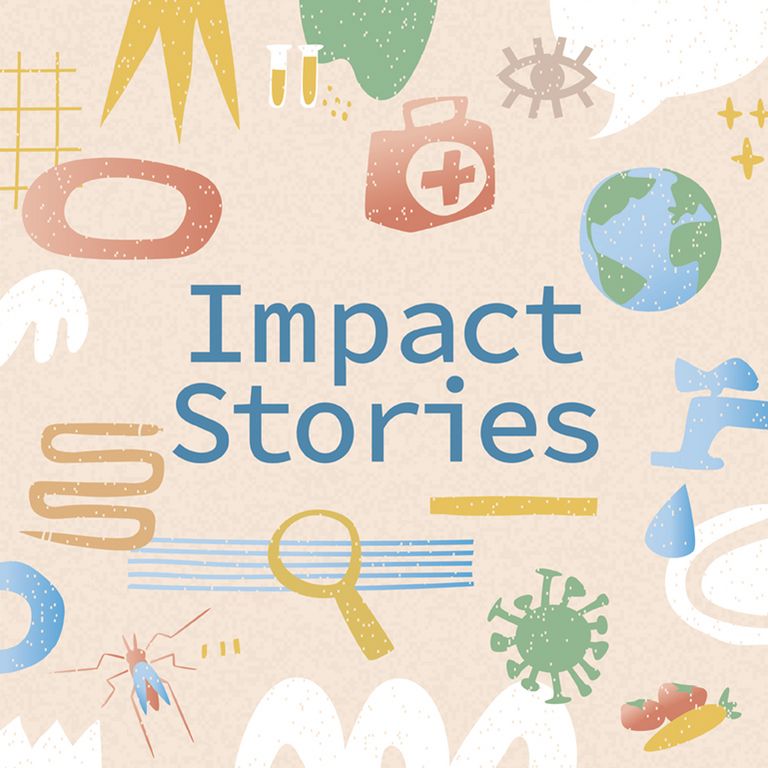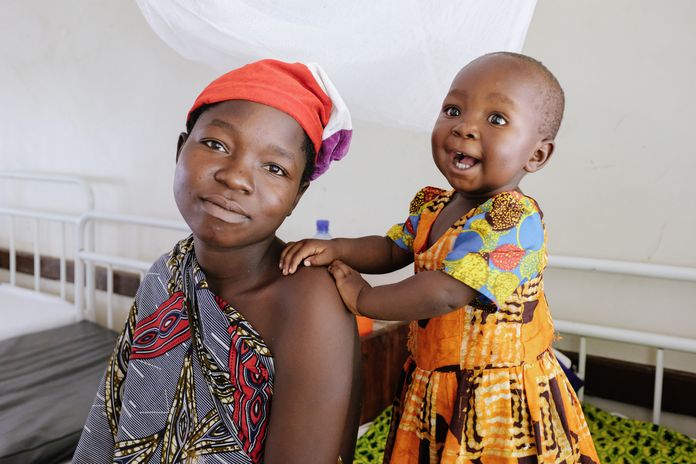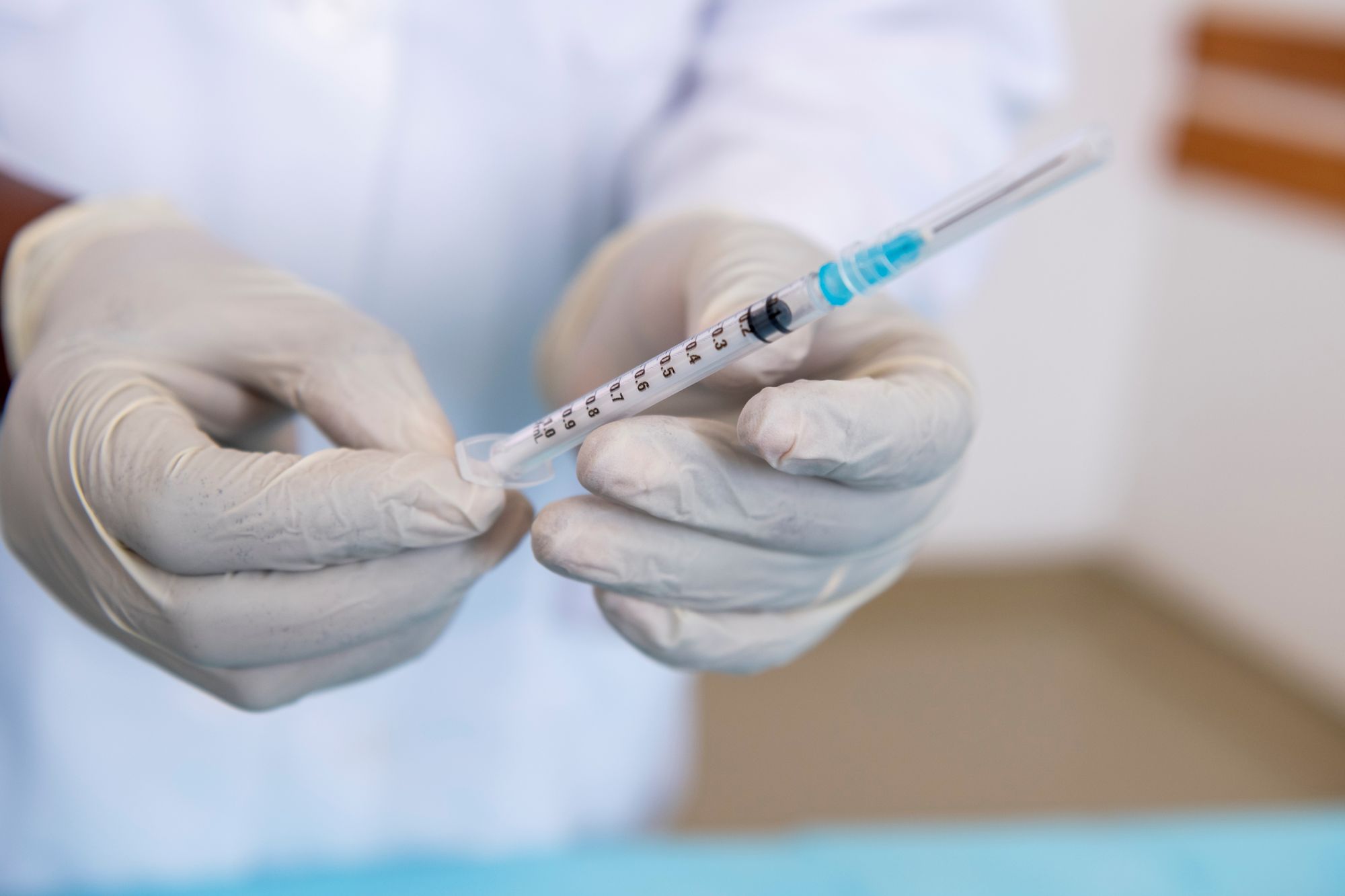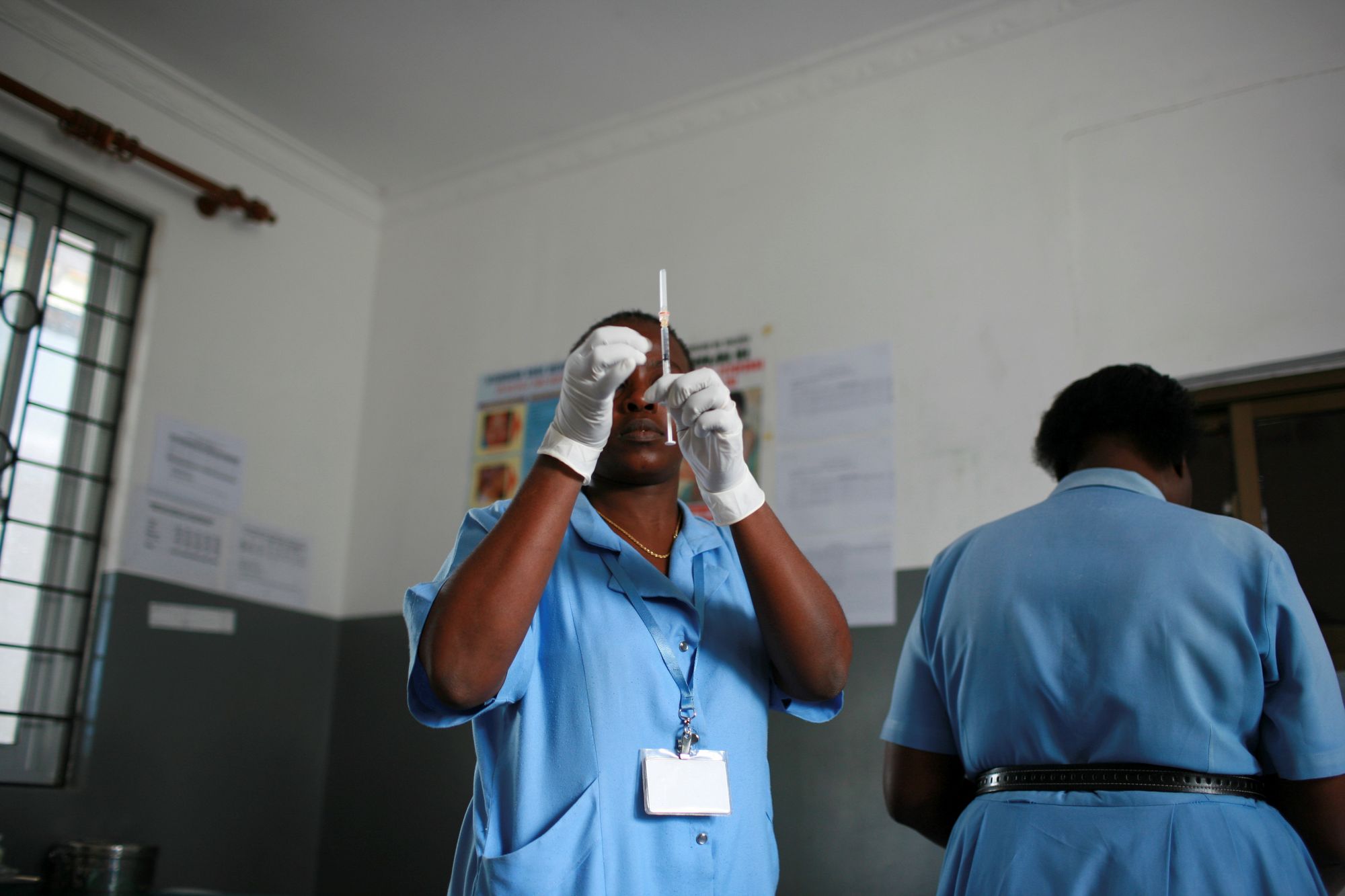


Vaccination has been one of the most powerful and transformative public health interventions in history. Over the past 50 years, vaccines have saved millions of lives, prevented the spread of deadly diseases and contributed to healthier societies around the world. As we reflect on this significant milestone in global health, it is clear that vaccines have not only changed the course of individual lives, but have also reshaped public health on a global scale. A recent landmark study published in The Lancet underscores the crucial role vaccines have played — and continue to play — in shaping a healthier world.
The impact of vaccines
The Lancet paper, led by the Swiss Tropical and Public Health Institute (Swiss TPH) in collaboration with the World Health Organization (WHO) and other partners, delivers a powerful message: vaccination is the single greatest health intervention in reducing infant mortality and promoting long-term health. This modelling study is the most comprehensive analysis of the historical impact of vaccinations over the past 50 years.
When WHO launched the Expanded Programme on Immunization in 1974, the goal was straightforward yet ambitious: to protect people from deadly diseases. Half a century later, the impact is staggering: global immunization efforts have saved an estimated 154 million lives. Beyond preventing death, the study found that for every life saved, an average of 66 years of full health were gained—amounting to 10.2 billion years of healthy life gained globally. These numbers highlight the profound and long-lasting benefits of vaccination, not only in saving lives but also in enhancing the quality of life for individuals and communities around the globe.
Immunization programs over the past 50 years have been as significant a medical milestone as the "sanitary revolution" of the 1840s, which introduced clean water and sewage disposal, and the discovery of antibiotics around a century ago.
"Vaccination is the single greatest health intervention in reducing infant mortality and promoting long-term health."

Addressing ongoing challenges
Despite remarkable achievements with vaccines and large-scale immunization programmes, challenges remain. Diseases such as measles, tetanus and tuberculosis continue to claim lives, particularly in low- and middle-income countries where healthcare access is limited. The COVID-19 pandemic exacerbated these issues, disrupting vaccination campaigns and leaving millions of children without essential immunizations. In 2023 alone, 14.5 million children missed their first dose of vaccines, a worrying increase that threatens to reverse decades of progress in global health.
Vaccine hesitancy and the rise of anti-science movements also pose substantial hurdles. During the COVID-19 pandemic, we saw how these movements can undermine public trust and hinder public health measures. It is crucial that we prioritize education, transparent communication and community engagement to rebuild trust in vaccines and science at large. Moreover, we must bridge the gap between the scientific community and the public, translating complex scientific concepts into accessible language that resonates with different stakeholders.

Equitable vaccine coverage
The aforementioned Lancet study reaffirms that vaccination has been the single largest contributor to the decline in global infant mortality rates, accounting for 40% of the reduction. In regions such as Africa, this impact is even more pronounced, with vaccines accounting for 52% of the decline. These findings emphasize that vaccination is not just a medical intervention; it is a public good that has fundamentally transformed public and global health.
However, vaccine distribution remains uneven. The COVID-19 pandemic revealed both the best and worst in society: While new vaccines against SARS-CoV-2 were developed, rigorously tested in clinical trials and brought to the market at record speed, distribution was unequal. While in some nations people were vaccinated multiple times, in other nations, risk groups and health personnel lacked access to even a single shot. This inequity is not unique to COVID-19; it reflects broader and systemic challenges in global health where economic power imbalance often dictates access to life-saving interventions. Addressing these issues is essential to ensuring that every person, regardless of where they live, have access to life-saving vaccines.
"Vaccination is, and will continue to be, a cornerstone of global health."
The road ahead: Innovating for the future
As we look to the future, continued investment in vaccination programmes and innovation to meet emerging health challenges will be crucial. The advent of mRNA technology in developing vaccines for SARS-CoV-2 represents a major breakthrough. While the technology existed before the COVID-19 pandemic, the urgency of the situation catalyzed its rapid advancement, supported by unprecedented funding, massive investment in research and development (R&D) and game-changing public-private partnerships. This ecosystem allowed for swift testing—at the highest ethical, scientific and technical standards—followed by rapid production, scale up and roll out, demonstrating the huge potential of mRNA vaccines. Looking ahead, I am confident that the mRNA technology will extend its impact beyond SARS-CoV-2 to other viral infectious diseases and perhaps parasitic infections.
Another promising development is the introduction of a new dengue vaccine. Dengue fever, which affects millions of people annually in tropical and subtropical regions, is also emerging in Europe due to migration and climate change. Indeed, dengue is a persistent and growing threat to global health. The new vaccine represents a milestone in our fight against this debilitating disease.
Swiss TPH's commitment to advancing global health
At Swiss TPH, we are committed to advancing global health through research, education and services, in close collaboration with our unique network of international partners and institutions. Our efforts in vaccine research and development are central in the fight against infectious diseases. Our work on malaria vaccines* in particular exemplifies our commitment to improving global health outcomes. The fight against infectious diseases is far from over, but with sustained commitment to vaccination, we can build on the successes of the past 50 years and create a healthier, more equitable world for future generations.
The numbers tell a clear story—154 million lives saved, billions of healthy years gained. Vaccination is—and will continue to be—a cornerstone of global health. Let us ensure that its benefits are shared by all, everywhere.